Major truck OEMs form PACT to advocate for EV infrastructure development – Charged EVs
Baua Electric
FEBRUARY 9, 2024
WattEV opened a charging depot at the Port of Long Beach last May, and at least a dozen more charging sites are in the construction phase—but it’s true that many more will be needed.) In 2022, the same three companies agreed to jointly invest some $550 million to build and operate a public charging network for heavy-duty EVs in Europe.

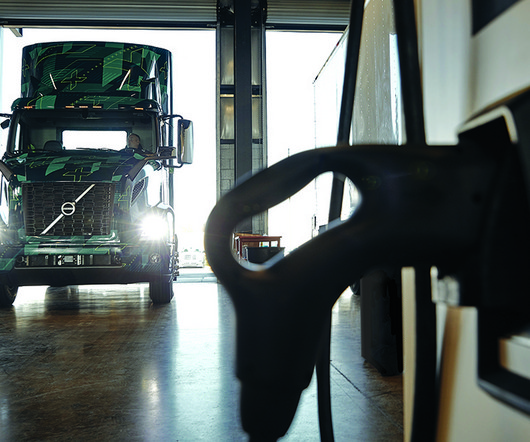
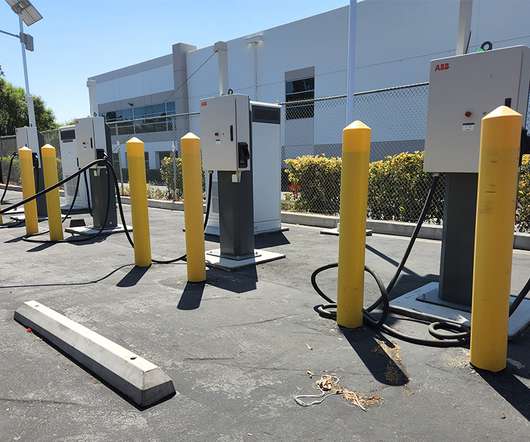
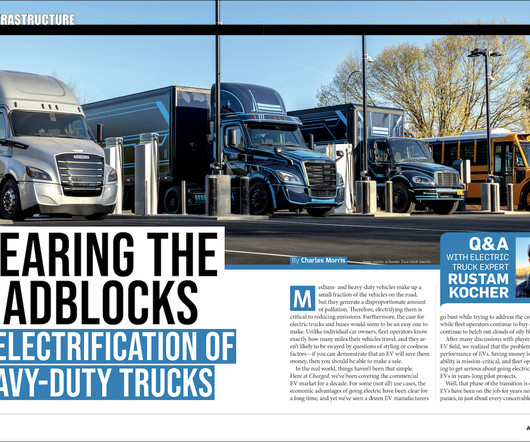
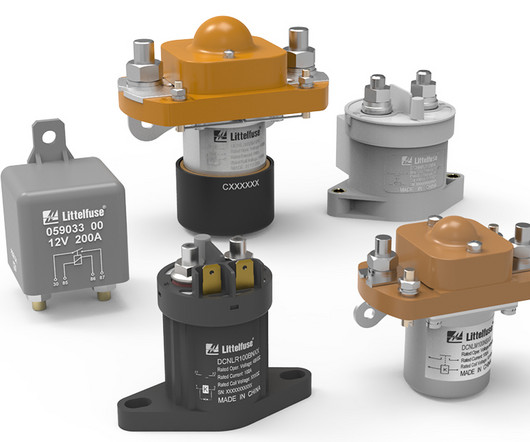

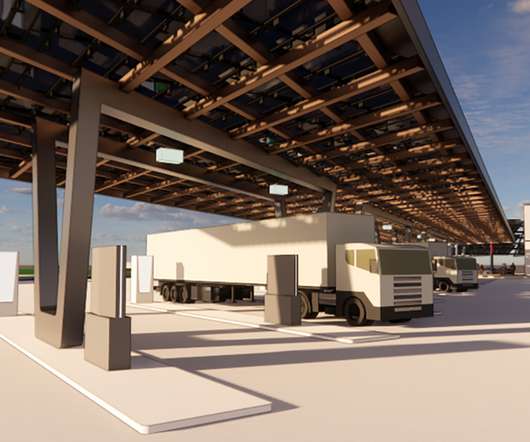






Let's personalize your content